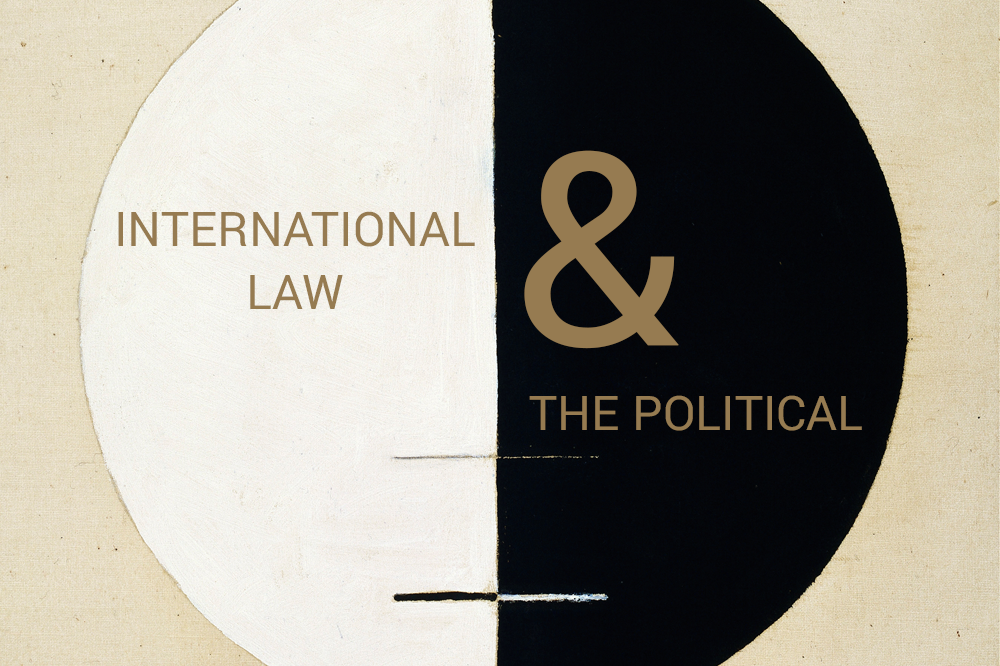International Law and the Political: Setting the Scene
With this blogpost we start our new interview series ‘International Law and the Political’. Regardless of one’s school of thought, it can hardly be contested today that international law is an inherently political phenomenon.
But what does ‘political’ actually mean in this context? How is ‘international law’ to be defined in distinction from the ‘political’, if international law itself is political? What does it mean when it is said that international law is not absorbed by, but always entangled with, politics? And what – if anything – can insights into the history of the relationship between international law and the political tell us for its present and future status?
To address these and similar questions, we will be publishing interviews with younger as well as with established scholars on an irregular basis. In doing so, we want to contribute to a transdisciplinary discourse between (the Theory and History of) International Law and International Politics (or International Relations as a field of study). Our focus will be on the discussion of new publications on the theory and history of international law as it relates to the political.
We wish you all an interesting read – and, as always, we welcome comments in the comment box below, and recommendations for new publications on the topic and/or interesting interview partners!

Hendrik Simon is Researcher at the Peace Research Institute Frankfurt and Lecturer at Goethe University Frankfurt. Among his main publications is ‘The Myth of Liberum Ius ad Bellum. Justifying War in 19th-Century Legal Theory and Political Practice’, in The European Journal of International Law (2018). He is an editor at Völkerrechtsblog.
